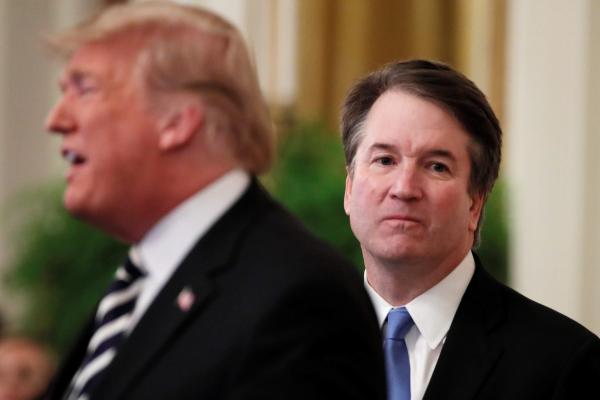Oct 11, 2018
While the National Council encompasses many denominations, its constituent bodies represent a declining share of the religious population. Neither the Roman Catholic Church nor most large evangelical denominations belong to it. More importantly, political leaders do not view it as the voice of religious people as they did in the early 20th century.
Read the Full Article

Already a subscriber? Login
